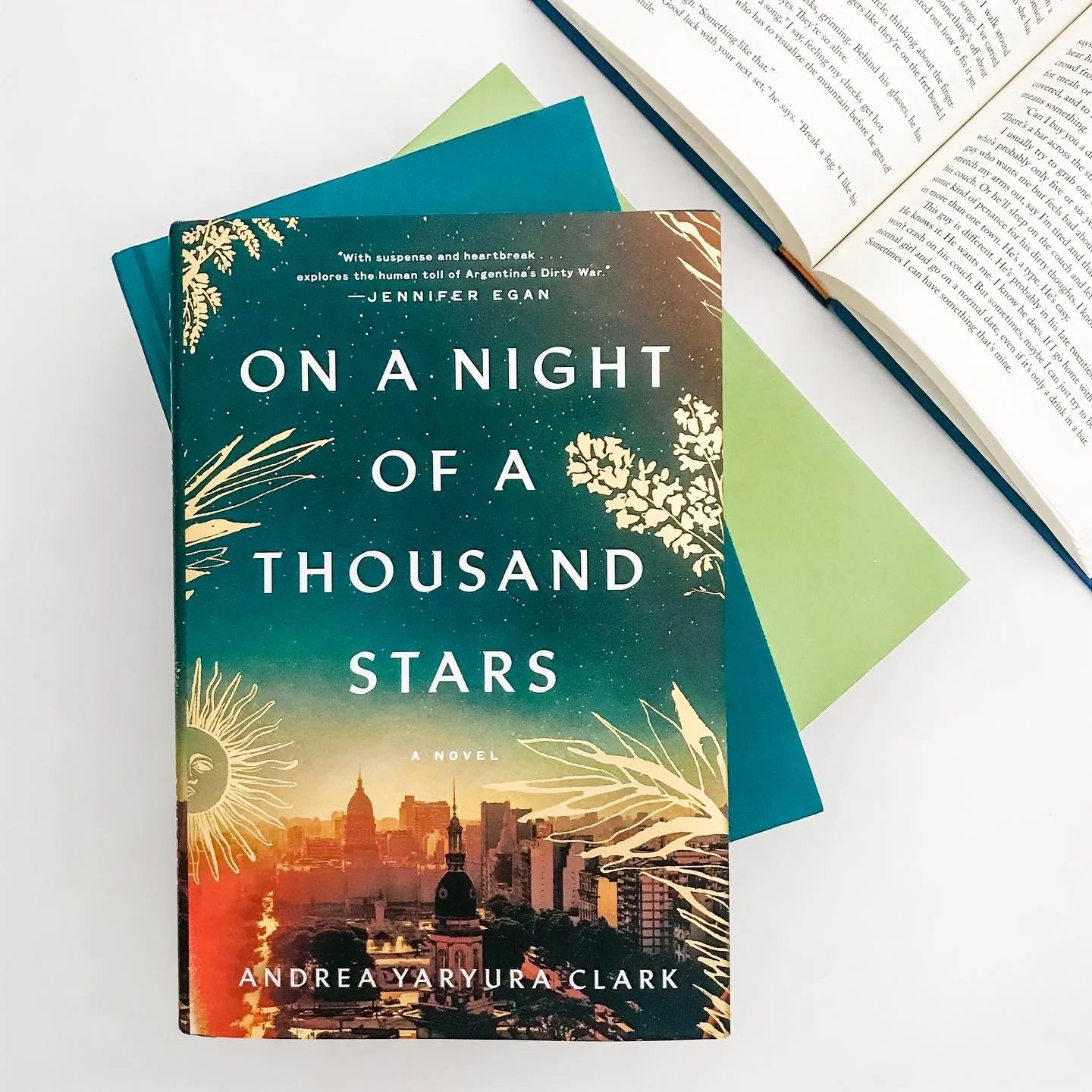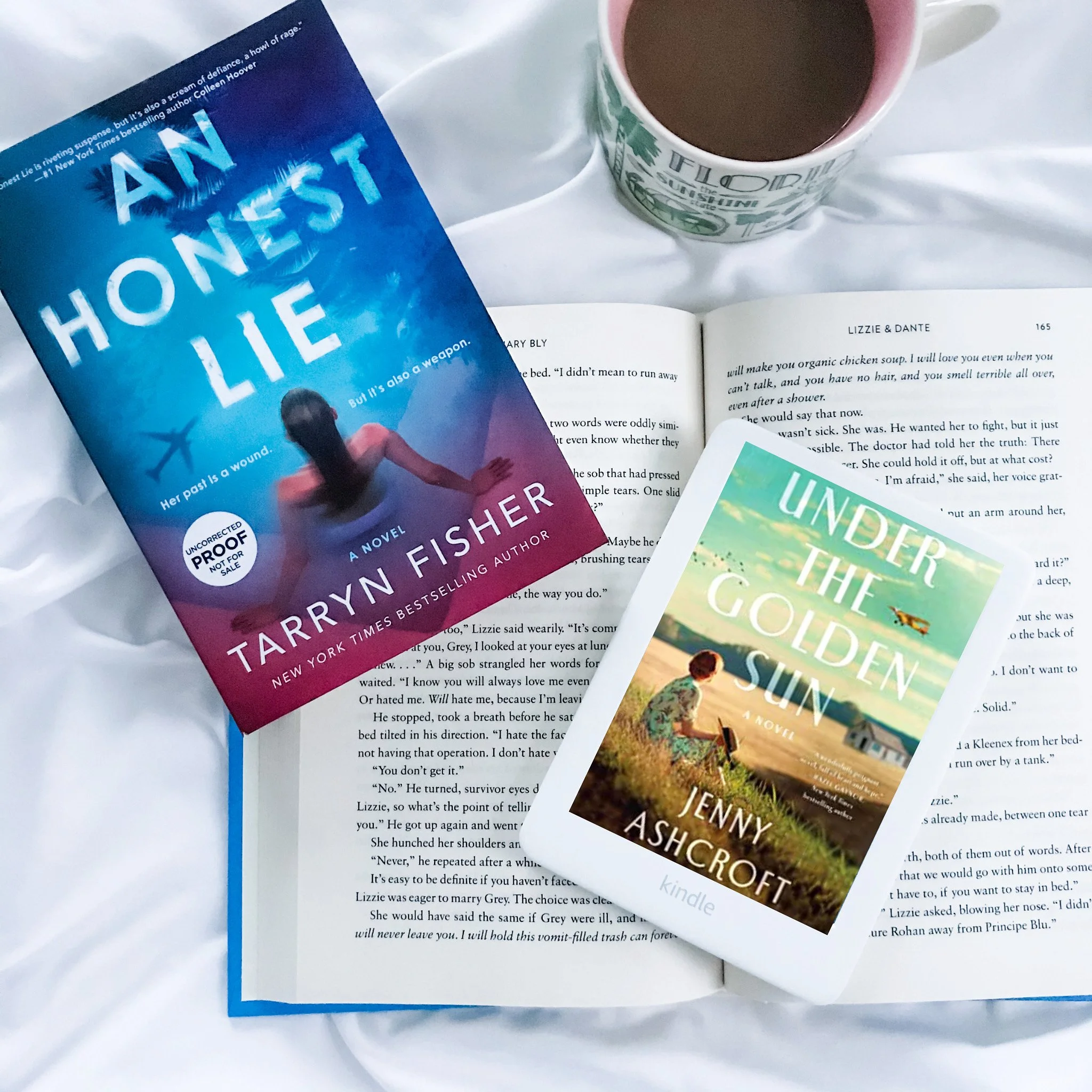On a Night of a Thousand Stars
On a Night of a Thousand Stars is a remarkable, moving, and emotional debut story about a family and the political climate over the years in Argentina.
Synopsis: New York, 1998. Santiago Larrea, a wealthy Argentine diplomat, is holding court alongside his wife, Lila, and their daughter, Paloma, a college student and budding jewelry designer, at their annual summer polo match and soiree. All seems perfect in the Larreas’ world—until an unexpected party guest from Santiago's university days shakes his usually unflappable demeanor. The woman's cryptic comments spark Paloma’s curiosity about her father’s past, of which she knows little.
When the family travels to Buenos Aires for Santiago's UN ambassadorial appointment, Paloma is determined to learn more about his life in the years leading up to the military dictatorship of 1976. With the help of a local university student, Franco Bonetti, an activist member of H.I.J.O.S.—a group whose members are the children of the desaparecidos, or the “disappeared,” men and women who were forcibly disappeared by the state during Argentina’s “Dirty War”—Paloma unleashes a chain of events that not only leads her to question her family and her identity, but also puts her life in danger.
What appealed to you the most in this story?
One of the main reasons I love historical fiction is that it always educates the reader. Up until this story I had no idea Argentina had a dark history fraught with suppression and unspeakable atrocities. Clark did a wonderful job weaving the history of Argentina into the lives of the characters in her story, and I felt their fear and plights as I read.
I also loved how the dual timelines flowed seamlessly and complemented each other as the story built in strength and suspense.
How was the pace?
For about the first 100 pages the story the pace is a bit slow. You are getting the history and temperature of the political environment of Argentina during the 70s and then late 90s. However, this information was so important for the understanding of the complexity of what was happening in Argentina and the future of the story. It helped create so much more emotion and suspense later in the book. From there the story absolutely took off, and I could not put it down.
Do you recommend this book?
Historical fiction lovers will really appreciate this important story about human rights, survival, and truth. I also recommend this book for buddy reads and book clubs. It has so many discussion points and I just loved discussing it as I read with our group! I’m really looking forward to Clark’s growth as a writer and next publication.
Thank you, Grand Central Publications, for this gifted copy in exchange for my honest review.







